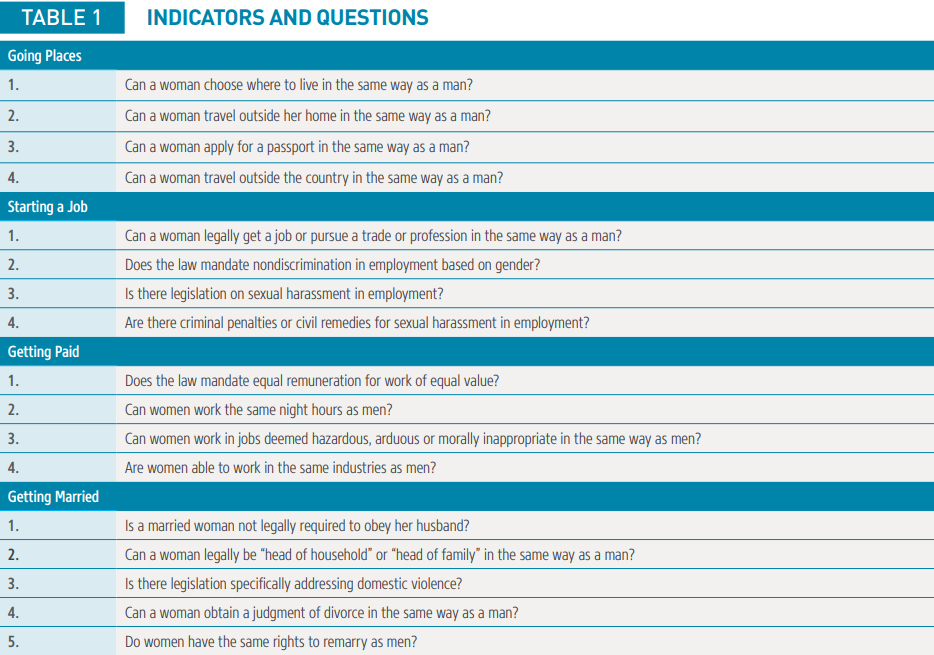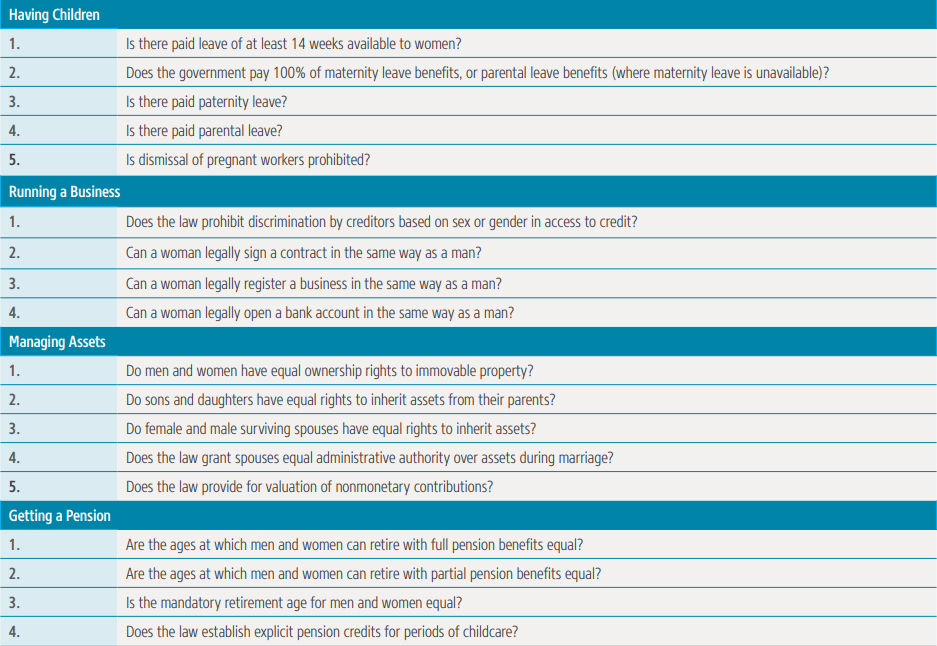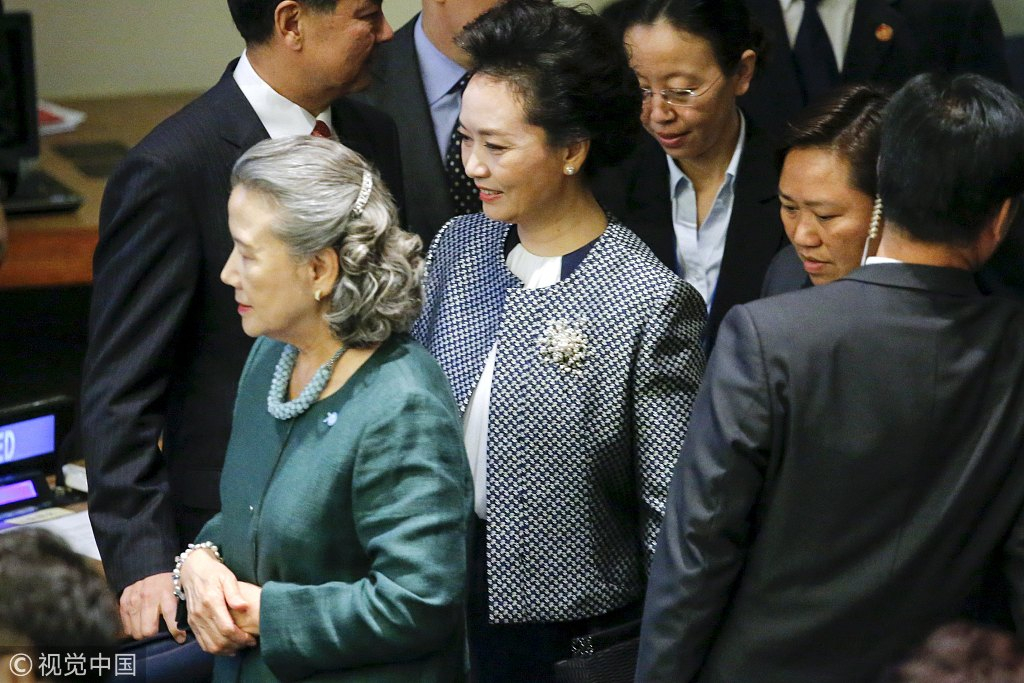
World
17:28, 03-Mar-2019
Six countries get full marks in gender equality, World Bank finds
CGTN

Gender equality is a critical component of economic growth. The world is moving towards legal gender equality, but it's moving very, very slowly.
In a report, Women, Business and the Law 2019: A Decade of Reform, published by World Bank Group recently, only six countries currently give women and men equal right.
Belgium, Denmark, France, Latvia, Luxembourg and Sweden scored full marks of 100 in the bank's report.
The report examines ten years of data through an index structured around the economic decisions women make as they go through their working lives.

Screenshot from World Bank Group Report. / CGTN Photo
Screenshot from World Bank Group Report. / CGTN Photo
From a 25-year-old getting her first job or a mother balancing work with caring for her children to a woman on the brink of retirement, the index explores how the economic decisions women make are affected by the law.
The criteria analyzed were: going places, starting a job, getting paid, getting married, having children, running a business, managing assets and getting a pension.
And the criteria was broken down into questions such as: "Can a woman choose where to live in the same way as a man?" and "Is there legislation on sexual harassment in employment?"

Screenshot from World Bank Group Report. / CGTN Photo
Screenshot from World Bank Group Report. / CGTN Photo
Overall, the average global score is 74.71, indicating that in the average nation, there is gender inequality in one-quarter of the areas examined.
Among the nations, China scored 76.25, above the global average, but still placed it outside the global top 50.
In the report, China got full marks in going places, starting a job, managing assets, while performed poorly in the "getting paid" category, scoring just 25 which hugely crippled China's achievement in women right protection. The criteria measured laws affecting occupational segregation and the gender wage gap.
China always actively participates in the regional and global promotion of gender equality. It galvanized the UN Human Rights Council to adopt the presidential statement in 2015, which was advocated by China to mark the 20th anniversary of the Fourth World Conference on Women and the adoption of the Beijing Platform for Action which according to the World Bank Group has greatly driven the increase of the introduction of domestic violence laws.

China's First Lady Peng Liyuan (C) attends a meeting on Gender Equality and Women's Empowerment at the United Nations headquarters in Manhattan, September 27, 2015. / VCG Photo
China's First Lady Peng Liyuan (C) attends a meeting on Gender Equality and Women's Empowerment at the United Nations headquarters in Manhattan, September 27, 2015. / VCG Photo
The report highlighted more positive trends in South Asia, East Asia and Sub-Saharan Africa, the three most-improved regions compared to 10 years ago.
The country that improved the most was the Democratic Republic of Congo, which had a score of 42.50 10 years ago but measured 70 in 2017.
However, despite the improvement the above areas achieved, areas like the Middle East and North Africa, their pace of reform is occurring so slowly that the legal gender gap is only increasing as other regions reform at a faster pace.

SITEMAP
Copyright © 2018 CGTN. Beijing ICP prepared NO.16065310-3
Copyright © 2018 CGTN. Beijing ICP prepared NO.16065310-3